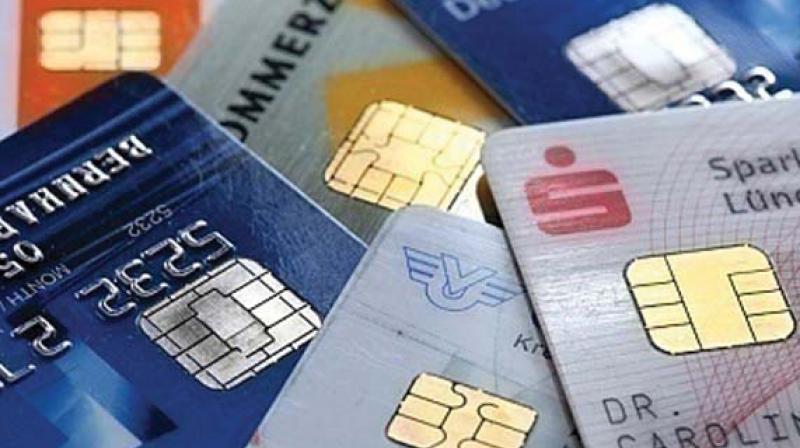
Mumbai: The next time you miss a credit card payment, you may be hit with a lot of interest charges and late fees that you pay now. The move will give lenders more freedom to set their own interest rates for credit card defaults. The Supreme Court has quashed the National Consumer Disputes Redressal Commission (NCDRC) order barring banks from charging more than 30 percent interest on credit card dues.
The Supreme Court on Friday said that policy decisions regarding interest rates, and business practices conducted by banks across the country, are a regulatory function within the exclusive statutory domain of the Reserve Bank of India and cannot come under its purview. Judicial inquiry by National Consumer Disputes Redressal Commission (NCDRC).
As a result of the Supreme Court ruling, banks are now free to impose higher penalty rates on credit card payments, with rates potentially reaching 49 percent.
Gaurav Wadhwani, co-founder and patron of Credit Triangle (a credit advisory firm), said, “The decision is favorable for banks as it allows them to structure interest rates more freely around credit profiles and customer delinquencies. For credit card users who do not default, it allows them No matter. For those who default and don’t pay back on time they will have to pay heavy penalty and charges. Card holders should pay back on time as it helps them to pay heavy penalty and keep their credit history clean yes
The issue was first brought up in 2008 by a petition by the Awaz Foundation, an NGO that questioned whether charging interest rates between 36-49 percent per annum on credit card dues was exploitative or usurious. The NCDRC had criticized such exorbitant rates as excessive and said they unfairly burdened customers, especially those already in financial distress. The commission also criticized the Reserve Bank of India, saying that the central bank’s failure to define “reasonable” interest rates has enabled financial institutions to exploit borrowers.
On the other hand, banks have argued that capping interest rates will affect profitability and credit availability. While the central bank has instructed financial institutions not to charge “excessive” interest rates, it has refrained from setting strict caps. Several lenders, including Standard Chartered Bank, Citibank, American Express, and Hong Kong and Shanghai Banking Corporation (HSBC), filed the petition before the Supreme Court bench of Justices Bela Trivedi and Satish Chandra Sharma.